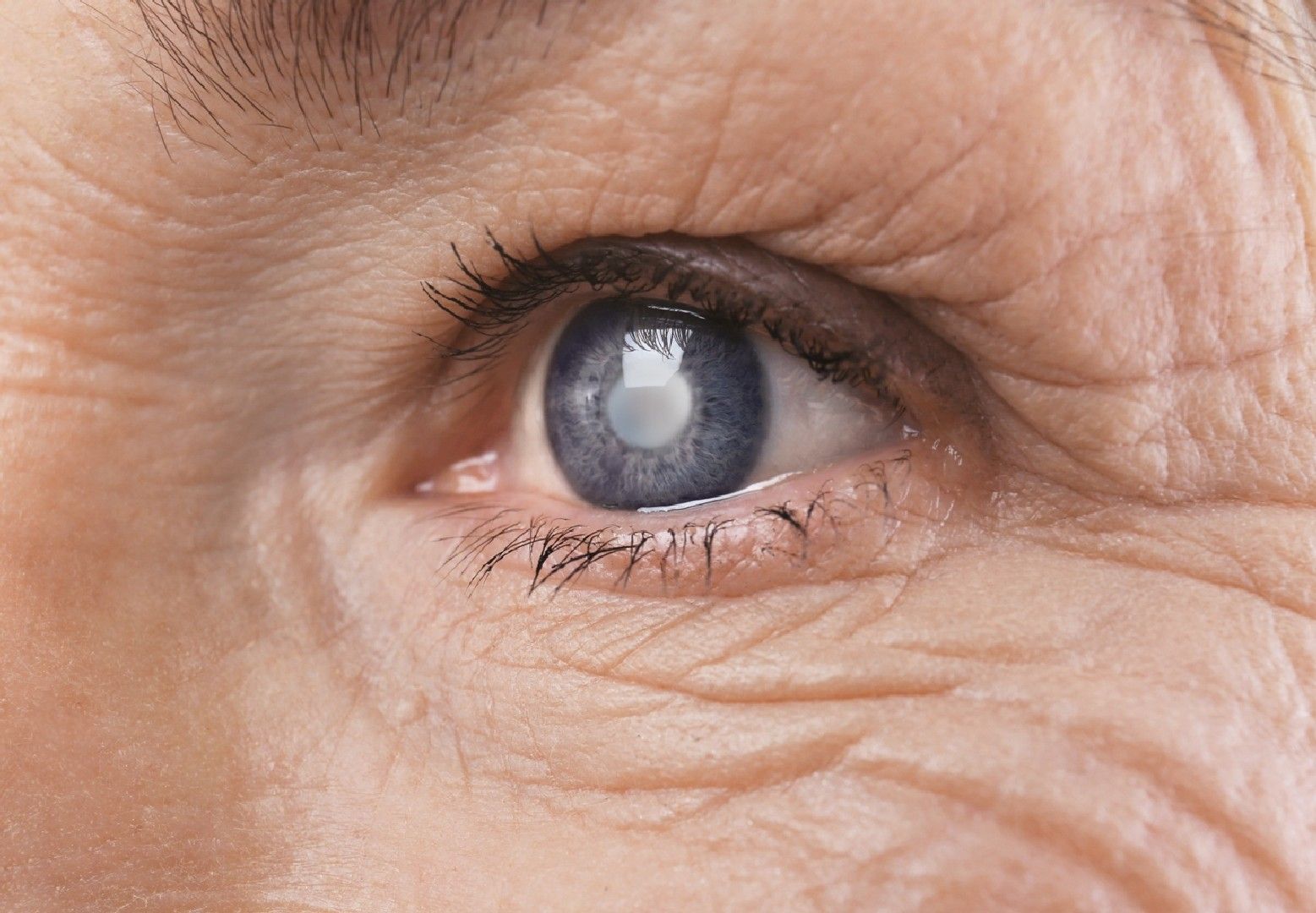
Are you wondering if you can benefit from a corneal transplant? We have put together the reasons why one may require this procedure in this article.
Corneal Transplants: What Are They And Why Are They Important?
For clear eyesight, a healthy, clean cornea is required. When your cornea is damaged by disease or accident, it can swell, scar, or become badly deformed, distorting your vision. If eyeglasses or contact lenses are unable to restore functional vision, or if drugs or special contact lenses are unable to relieve painful swelling, a cornea transplant may be required.
What Is A Corneal Transplant?
A corneal transplant (keratoplasty) is a surgical treatment that replaces a portion of your cornea with donor corneal tissue. The clear, dome-shaped surface of your eye is known as the cornea. It is a key aspect of your eye’s ability to see well because it is where light enters your eye.
A cornea transplant can enhance the appearance of a damaged or diseased cornea while also restoring vision and reducing pain.
The majority of cornea transplant surgeries are successful. However, cornea transplantation carries a modest risk of problems, such as donor cornea rejection.
Why Is A Corneal Transplant Needed?
Many individuals take their eyesight for granted, but vision loss affects a larger number of people than most people think.
According to data from the 2016 National Health Interview Survey, more than 25 million persons in the United States have some sort of visual loss. Some folks, on the other hand, may have more visual severe impairments. They may even require a corneal transplant in rare situations.
What Is A Corneal Transplant And When Should One Be Considered?
Eye Infections and Inflammation
One of the reasons why someone may require a corneal transplant is an infection in the eye. Corneal scarring can be caused by infection or inflammation of the eyes. People’s vision may be impaired, and in such cases, a corneal transplant may be required. Eye infections can happen for a variety of causes, including:
Weak Immune System: Some people are immunocompromised, which means they are unable to fight illnesses as successfully as others. Immunocompromised people can be caused by a variety of factors, including HIV infection, immunosuppressive medicines (such as steroids), or blood malignancies (such as leukaemia).
Contact Lenses: Contact lens wearers are also at a higher risk of eye infection if their lenses are not cleaned, removed, or changed on time.
Eye Rubbing: Individuals might also contract eye infections simply by scratching their eyes, which is why everyone should wash their hands frequently.
While mild eye infections can be treated quickly and without causing permanent damage, major infections can cause corneal scarring, necessitating a cornea transplant.
Thinning of the cornea
Some people develop a thin cornea as a result of a chronic medical problem. The cornea’s role is to concentrate the light entering the eye.
Keratoconus, on the other hand, is a condition in which the cornea thins and bulges out in the shape of a cone. The light is out of focus because the shape of the cornea has altered. This causes hazy vision or glares, making it difficult to accomplish specific tasks such as reading a book, driving a vehicle, using a computer to type, or using a phone to text.
A corneal transplant may be necessary because of the irregular shape of the cornea. This procedure replaces a deformed cornea with a perfectly shaped transplant, allowing patients to see clearly.
Fuch’s Dystrophy
A persistent medical condition called Fuchs’ Dystrophy (in which the endothelium layer dies) is another reason why someone might need a cornea transplant. The cornea’s endothelium layer’s job is to produce fluid that keeps the cornea clear. The cornea becomes inflated without these cells, causing vision issues. Cloudy or foggy vision is a symptom that some people with this illness experience.
People initially experience foggy or fuzzy vision in the morning, which improves throughout the day. This improvement disappears after a while, and people begin to have blurry vision throughout the day. Blisters form on the cornea, and when they rupture, they cause pain. Visual difficulties frequently do not manifest themselves until the middle years of life.
Surgery is one of the therapeutic choices for people with Fuchs’ Dystrophy. The endothelium layer of the new cornea will be intact, resulting in symptomatic relief and improved vision.
What To Expect From The Procedure?
The majority of people are given medicine to help them relax as well as an anaesthetic to numb the eye on the day of the surgery. While most people are not completely asleep during surgery, they should not experience any discomfort.
The surgeon will cut through the entire damaged cornea and remove the tissue during the transplant. The cut is made with a precise surgical tool. The cornea is then sized to fit the aperture after that. The surgeon will suture the new cornea into place with a tiny thread. If a suitable donor cannot be located, an artificial cornea is used to complete the treatment.
Improve Your Vision With A Corneal Transplant Today!
While the prospect of eye surgery may be frightening to some, a corneal transplant can significantly improve a person’s ability to see. People can also enjoy a significant improvement in their quality of life as a result of this operation.
So, if you have any questions or worries about your vision or strategies to enhance it, seek medical advice at Sussex Eye Laser Clinic. Our eye surgery specialists may give you the corneal transplant that you need.
